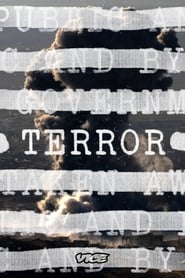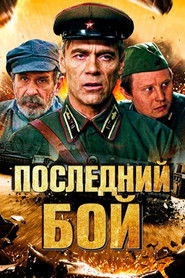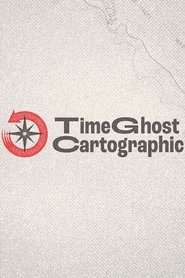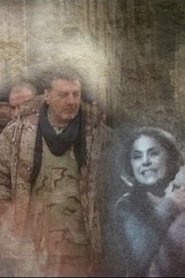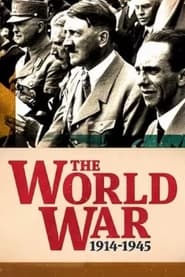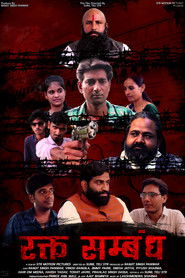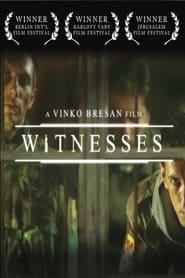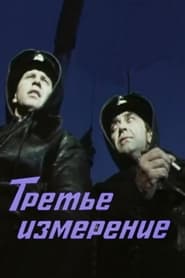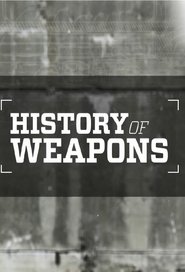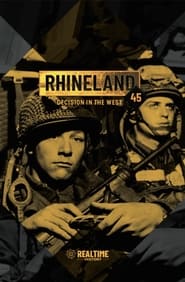War Politics TV Series - Page 111
-
VICE Terror
2016
VICE Terror
2016
Suroosh Alvi investigates the global jihadi movement: traveling to some of the most volatile countries, he speaks to victims, activists, government officials and fighters on both sides of the War on Terror to discover the line between isn't always clear. -
Rudí prezidenti
2018
-
Последний бой
2018
Последний бой
2018
-
大西南剿匪记
2009
大西南剿匪记
2009
-
TimeGhost Cartographic
2025
We want to be able to bring you famous and interesting battles told entirely top-down through the use of our animated maps. Something more technical to add to our usual repertoire of detailed analysis. That means no archival footage, no studio, no "Talking Head" format. Just one continuous animated map from beginning to end, never cutting away and making things hard to follow or jumping between regions offscreen. -
Without Sheath
2016
Without Sheath
2016
A story of police intelligence in which the conflict between Syrians between 2011 and 2012 is portrayed, emphasizing the struggle with religious extremists turned blindly into pro-state allies, and characterizing the true essences of different Syrians, between loyalists and opponents. -
The World War: 1914-1945
2022
star 2An original and dramatic series that views the most violent and significant episodes in modern history from a fresh perspective – not as two world wars, but as a continuous narrative of error, ambition, revolution and courage. An expert re-examination of history forms links and conclusions that tie the entire war period together and, with the benefit of hindsight, pieces together how the world went and stayed at war for so much of the 20th century. -
Partier i brand
2022
Partier i brand
2022
-
RaktSambandh
2021
RaktSambandh
2021
A politician wants to make his son's future in politics but his son, Aditya wants to make his own destiny. Somehow he is caught guilty of crimes but his father Kamlakar saves him from every trouble. Every time Aditya wants to do something but every time he gets stuck in trouble but not in the last crime. -
Belene
1987
Belene
1987
-
Witnesses
0000
Witnesses
0000
The extended version of the eponymous film served as a TV mini-series. The plot is centered in the city of Karlovac in 1992, during the Croatian War of Independence. The front lines, where Croatian and Serbian forces fight each other, lie near the city. Meanwhile, in the city of Karlovac, a Serbian civilian Vasić is murdered. The story follows the local police officer Barbir (Dražen Kühn), who tries to solve the murder in spite of ethnic hatred and war revolving nearby. -
Lutung Kasarung
2004
-
Aller Liebe Anfang
1972
Aller Liebe Anfang
1972
-
To The Moon
2019
To The Moon
2019
star 10Max and Stacy take you on an exciting journey TO THE MOON in their new series all about bitcoin. They look at the freaks, the geeks, the trolls, the cypherpunks, and all those who got REKT along the way. -
The Third Dimension
1982
-
History of Weapons
2018
-
Rhineland 45
2021
Rhineland 45
2021
The Battle of the Rhineland was one of the largest WW2 battles the Allies fought on German soil and part of the critical final campaign against Nazi Germany on the western front. The Battle for the Rhineland was a series of operations in early 1945, the dramatic finale of the Allied advance from the coast of Normandy to the borders of the Reich. The desperate German forces had managed to form a last line of defence with their backs to the Rhine – the famous river that stood between the Allies and the heart of the German Reich. -
El sabor del silencio
2024
Vicente is a renowned chef who takes justice into his own hands when a politician abuses his wife. Revenge gives him pleasure, which reveals his true nature. -
Rise of the Clans
2018
Rise of the Clans
2018
star 7.5Series following an epic struggle for power in medieval Scotland, told from the point of view of the feuding clans.
